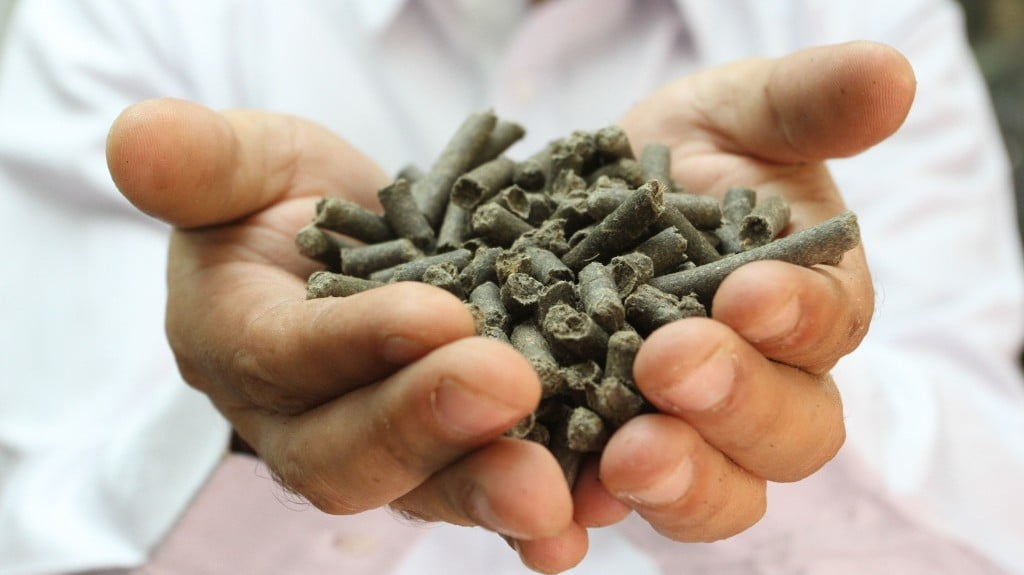Israeli company Applied CleanTech’s first commercial system, housed in a 17-ton-shipping container, sits beneath the hillside town of Safed in northern Israel and sifts through sewage before it enters the municipal treatment center.
Chief executive Refael Aharon explains that at the end of its conveyor belt, the device spits out pellets made from cellulose fibers, which are found in many discarded items, like baby wipes or fruits and vegetables. The wastewater from Safed is stained dark brown from runoff of a nearby coffee factory. The fiber-rich coffee beans are a windfall for Applied CleanTech’s system.
Related articles
- Israeli Firm Brings Green Sewage Pipes To European Countries
- Israeli Water Purification Tech To Clean British Water
The material in the pellets feels like the lint that gathers in a clothes dryer and is completely sterile, Aharon said. It has a number of purposes. Aharon’s business cards are made from recycled paper that in part came from the fibers. The pellets from Safed are mostly sold as an alternative combustion source.
The sewage then flows into the main wastewater plant for a more complete treatment. One of the plant’s final by-products is called sludge, a semi-liquid waste that is often used as fertilizer, but can also be hazardous and is costly to dispose.
“Our system saves sewage treatment plants 20 to 30 percent of operational costs. The plant will consume less electricity, need fewer chemicals, and at the end it will have significantly less sludge,” Aharon told Reuters.
[youtuber youtube=’http://www.youtube.com/watch?v=oXJ8m9g95-o’]
…
To continue reading this article, click here
Via Reuters
Photo: PR Newswire
Related posts

Resilient And Nutritious New Plant-Based Milk Aims To Make A Splash

Chocolate From Cultivated Cocoa Comes Without Environmental Toll

Plastic Fantastic: Startup Takes PVC Back To Its Crude Oil Roots




Facebook comments